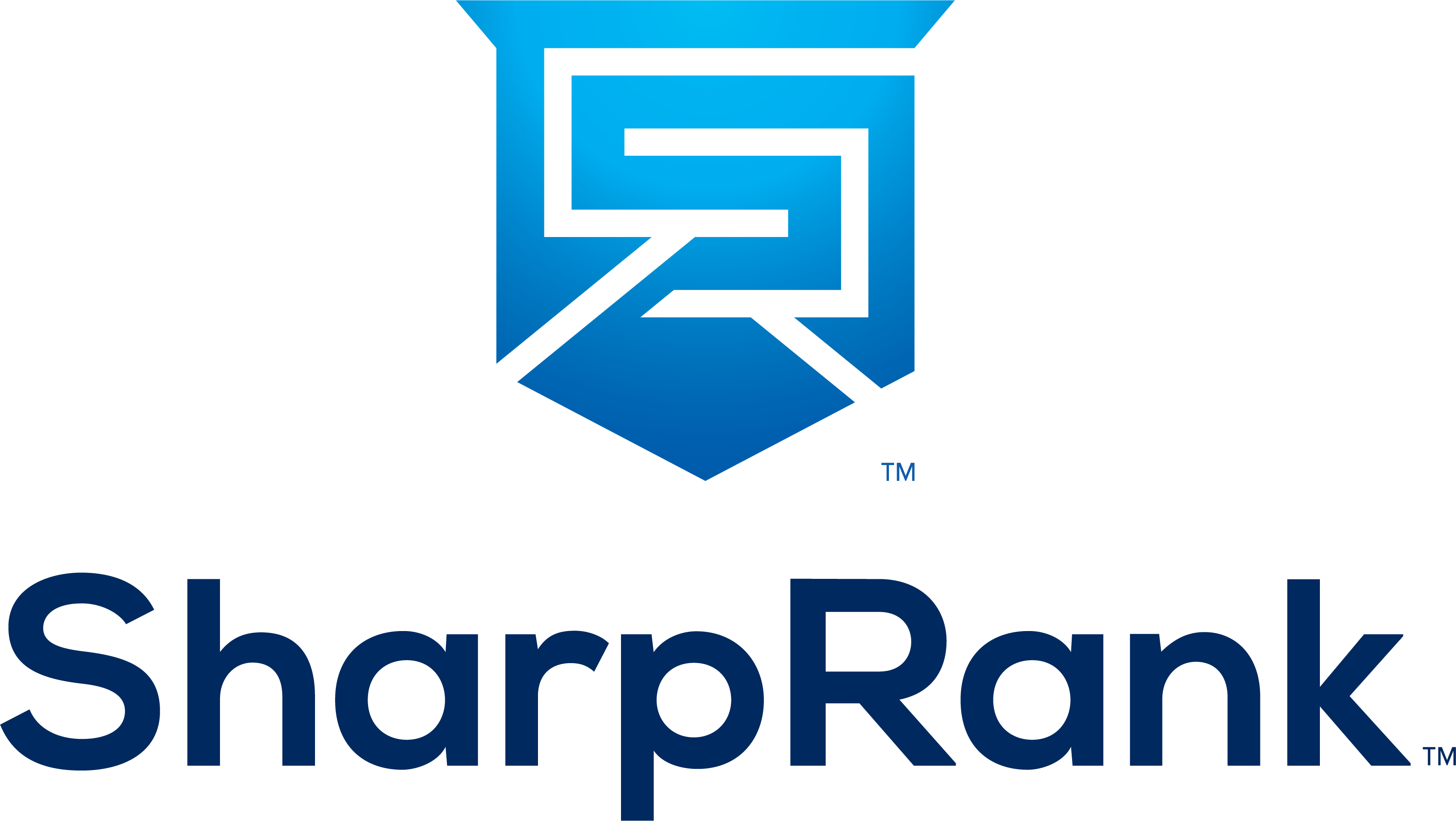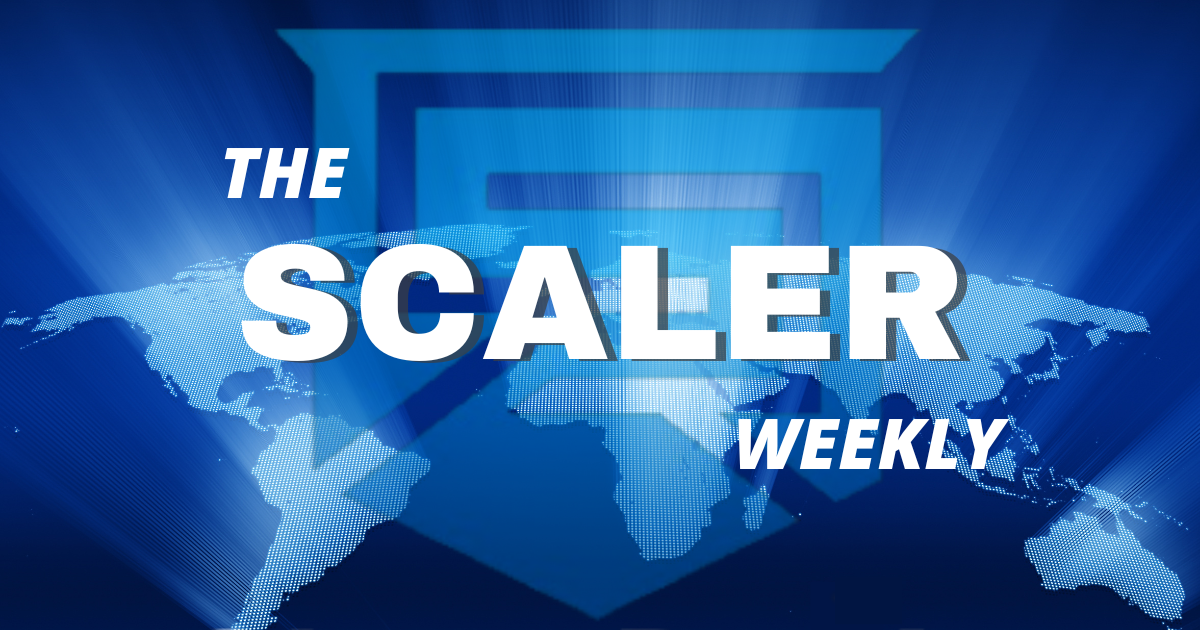SharpRank’s weekly updates on Compliance, Audit, Legislation, Ethics, & Regulation within the Sports Betting Industry.
Topics 5/14/25:
- New Jersey Considers Ban on Gambling Ads Near Schools, Eyes Impact of Ad Wording
- Michigan Gaming Control Board Shuts Down 14 Illegal Online Gambling Sites
- Government to Launch Gambling Council to Tackle Noncompliant Advertising
- NCAA Moves Closer to Letting Athletes and Staff Bet on Pro Sports
- Ohio Lawmaker Pushes Bill to Legalize Online Casinos and Poker
- New Jersey Appeals Kalshi’s Injunction in Ongoing Legal Battle
- Oregon Bans Online Betting on Greyhound Racing
- BC Explores Open Market Model as Sports Betting, iGaming Operators Lobby for Access
New Jersey Considers Ban on Gambling Ads Near Schools, Eyes Impact of Ad Wording
New Jersey lawmakers are advancing legislation that would ban gambling advertisements from appearing in or near schools, colleges, and media targeting individuals under the legal gambling age of 21. The bill also mandates a state-led study to analyze how wording, design, and repetition in gambling ads affect bettor behavior—particularly among vulnerable groups such as problem gamblers, self-excluded individuals, and minors. Findings from the study, which must be completed within a year, would help the New Jersey Division of Gaming Enforcement identify 3 to 10 key words or phrases that must appear in future gambling advertisements, alongside existing responsible gambling messages. This initiative follows industry moves, such as the adoption of a 2023 marketing code banning “free” or “risk-free” promotional bets and college partnerships, to proactively address regulatory concerns.
Michigan Gaming Control Board Shuts Down 14 Illegal Online Gambling Sites
On May 12, 2025, the Michigan Gaming Control Board (MGCB) took enforcement action against 14 illegal online gambling platforms, including BetFlip, EmuCasino, and Juicy Stakes, for offering unlicensed internet gaming and sports betting services to Michigan residents. The operators violated multiple state laws, including the Lawful Internet Gaming Act, by failing to obtain proper licensure. MGCB Executive Director Henry Williams emphasized that these offshore sites operate outside legal oversight, exposing consumers to fraud, unreliable payouts, and a lack of responsible gambling protections. Each operator was given 14 days to cease all activity involving Michigan users or face further legal consequences in coordination with the state attorney general. The MGCB continues to monitor and pursue unlicensed operators to protect the integrity of Michigan’s regulated gambling environment.
Government to Launch Gambling Council to Tackle Noncompliant Advertising
On May 8, 2025, South Africa’s Minister of Trade, Industry and Competition, Parks Tau, announced that the government will reappoint the National Gambling Policy Council after a seven-year hiatus. The decision follows a National Gambling Board study revealing rampant noncompliance in gambling advertisements, including ads aired during family programming and streamed content that lacked responsible gambling disclaimers. Ads were found to target or be visible to minors, with some children’s programs sponsored by gambling companies. Tau emphasized the need for stricter regulation and oversight, particularly for online gambling ads, noting that illegal and unregulated advertising poses growing challenges. The council’s reappointment aims to enforce consistent provincial regulation, improve ad compliance, and introduce rehabilitation measures for problem gamblers. In the 2023/24 fiscal year, South Africans wagered R1.1 trillion, with betting making up the bulk of the R59.3 billion in revenue generated.
NCAA Moves Closer to Letting Athletes and Staff Bet on Pro Sports
On May 13, 2025, reports confirmed that the NCAA Division I Board of Directors is advancing a proposal to remove the current ban preventing college athletes, coaches, and staff from betting on professional sports. The proposal is scheduled for a vote by the Division I Council next week and could be enacted as early as late June if approved. The change would maintain prohibitions on college sports betting but reflect the NCAA’s evolving view amid the widespread legalization of sports gambling in the U.S. A 21-1 board vote supported deregulating professional sports wagering and encouraged creating “safe harbor” protections for athletes seeking help for gambling issues. This marks a shift from previous NCAA stances, which labeled betting a serious threat to student-athlete welfare and sport integrity. With enforcement staff overwhelmed and betting legal in most states, the NCAA aims to focus regulatory resources on more severe threats like point-shaving and game-fixing. The shift comes amid ongoing investigations into suspicious betting patterns and integrity concerns in college basketball.
Ohio Lawmaker Pushes Bill to Legalize Online Casinos and Poker
On May 8, 2025, Ohio Republican Rep. Brian Stewart introduced House Bill 96 to legalize online casino and poker gaming, aiming to expand the state’s gambling offerings beyond sports betting. The bill is designed to boost state revenue—particularly for K–12 education—and follows a legislative commission’s report that found legal iGaming significantly increases tax income without hurting in-person lottery sales. While some lawmakers support the measure for its fiscal potential, others have raised concerns about its impact on Ohio’s four casinos and seven racinos. The bill’s future remains uncertain, as Governor Mike DeWine has not yet voiced support and retains veto authority, despite previously advocating for higher gambling-related taxes. The proposal comes amid broader state budget negotiations in which the House removed proposed gambling tax hikes initially suggested by the governor.
New Jersey Appeals Kalshi’s Injunction in Ongoing Legal Battle
On May 12, 2025, the New Jersey Division of Gaming Enforcement (DGE) filed an appeal with the Third Circuit Court after a District Court granted Kalshi a preliminary injunction, allowing the federally regulated prediction market platform to continue operating in the state. The DGE had previously issued a cease-and-desist order, arguing that Kalshi’s sports-related event markets constituted unauthorized sports betting under New Jersey law. In its appeal, the DGE cited federal laws, including PASPA and the Wire Act, as indicators that sports wagering was never intended to fall under CFTC jurisdiction. Despite the appeal, the lower court’s ruling strongly favored Kalshi, stating that its contracts fall under the exclusive oversight of the Commodity Futures Trading Commission (CFTC). The appeal outcome could have broader implications for states like Pennsylvania and Delaware, and although Kalshi currently holds a legal advantage, the case underscores the ongoing tension between state and federal regulatory authority over emerging betting formats.
Oregon Bans Online Betting on Greyhound Racing
On May 9, 2025, Oregon Governor Tina Kotek signed HB 3020, officially banning online wagers and simulcasting betting on greyhound racing by July 1, 2027. Although greyhound racing was already outlawed in Oregon in 2022, the state still permitted online betting on races held elsewhere—making it one of only two states, along with North Dakota, to do so. With Oregon accounting for 57% of U.S. online greyhound betting (totaling $155 million), the move significantly disrupts the remaining legal infrastructure supporting the sport. The decision was celebrated by advocacy group GREY2K USA, which hailed it as the most substantial victory for American greyhound welfare since Florida’s 2018 ban. Once the new law takes effect, the only active greyhound tracks in the U.S. will remain in West Virginia.
The Full Story Here.
BC Explores Open Market Model as Sports Betting, iGaming Operators Lobby for Access
On May 9, 2025, lobbying records revealed that several online gambling companies, through the Canadian Online Gaming Alliance (COGA), have been engaging with British Columbia officials to advocate for an open, competitive iGaming market. While B.C. currently restricts online gambling to its PlayNow platform operated by the British Columbia Lottery Corporation (BCLC), lobbyists argue that introducing private-sector competition would increase market capture, tax revenue, and consumer protection. Ontario, which launched a regulated market in 2022, now sees 80% of its iGaming activity handled by licensed operators. Alberta recently passed legislation to adopt a similar model. Although the B.C. NDP government has made no formal moves to embrace this shift, insiders say the administration is open to dialogue. Meanwhile, BCLC and the Canadian Lottery Coalition have voiced concerns about the rise in advertising costs and unregulated operators drawing players away from PlayNow.
Click here to read our latest blog post: Efficient Market Hypothesis in Sports Betting

